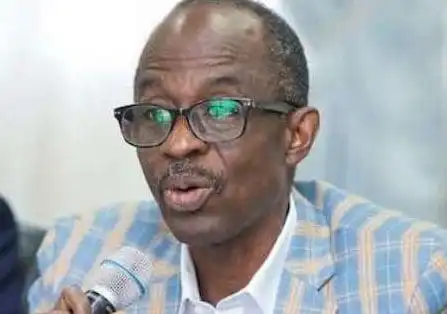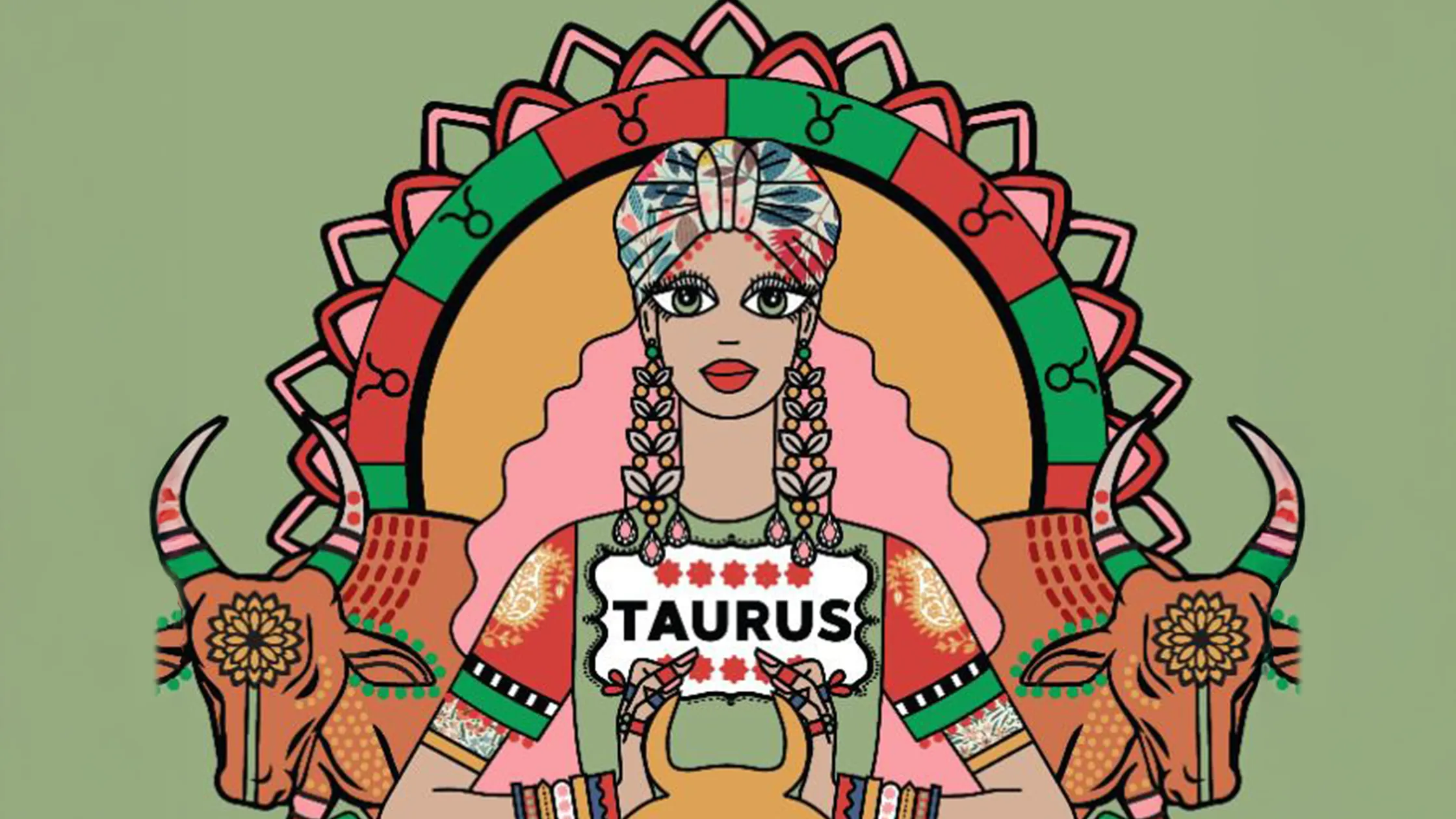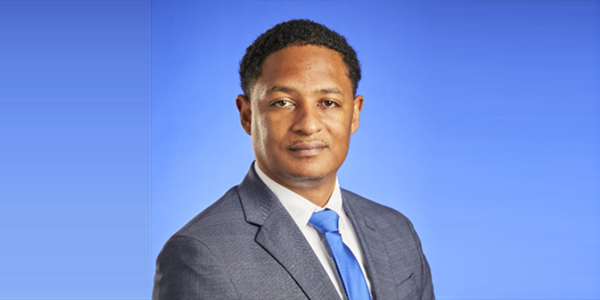By Ghana Plus,GhanaPlus
Copyright ghanaplus

National Democratic Congress Chairman Johnson Asiedu Nketiah has cautioned party members against internal divisions over government appointments, citing the New Patriotic Party’s ongoing leadership contest as a cautionary example of destructive infighting.
Speaking to party officials in the Asuogyaman Constituency, Asiedu Nketiah called on NDC members to remain calm and united as President John Mahama’s government gradually creates more opportunities for appointments. The chairman’s intervention comes amid growing concerns about potential tensions within the ruling party over the distribution of government positions.
Recent statements from the NDC chairman have focused on urging members who have not received government appointments to continue staying loyal to the party and supporting President Mahama, suggesting internal pressure may be building as the administration settles into office.
Asiedu Nketiah specifically warned against replicating what he characterized as the NPP’s current internal conflicts. “What NPP is now doing is a contest to hell,” he reportedly stated, describing how flagbearer aspirants are criticizing each other and highlighting party divisions.
The NPP opened nominations for its 2028 flagbearer contest on July 29, 2025, with the nomination window set to close on August 28, 2025. The party has scheduled its presidential primary for January 31, 2026, with several prominent figures already declaring their intentions to contest.
Among the declared aspirants is Kennedy Agyapong, the former Member of Parliament for Assin Central, who announced his intention to contest on April 30, 2025, during a UTV interview. Five aspirants have successfully filed nominations, including Dr Mahamudu Bawumia, Dr Bryan Acheampong, Dr Yaw Adutwum, Ing. Kwabena Agyepong, and Kennedy Ohene Agyapong.
The NDC chairman’s comments reflect his dual role as party leader and recently appointed Board Chairman of the Ghana Ports and Harbours Authority, a position he assumed on June 25, 2025. This appointment demonstrates the ongoing distribution of key positions within the Mahama administration.
Asiedu Nketiah has previously emphasized that the president prioritizes competence and merit over party loyalty in government appointments, though he acknowledged that party loyalists deserve consideration for their sacrifices.
The chairman’s appeal for unity comes as the NDC navigates the transition from opposition to governing party. Historical patterns suggest that ruling parties often face internal pressures over appointment distributions, particularly in the early stages of new administrations.
Commentary on the NPP’s flagbearer contest has highlighted concerns about disciplined communication, with observers noting that temporary leadership contests should not overshadow the party’s long-term interests.
Addressing branch and constituency executives, ward coordinators, former party officials, cadres, and Assembly members, Asiedu Nketiah emphasized the importance of discipline and cohesion. His message stressed that maintaining party unity would prevent the NDC from experiencing the divisions currently affecting the NPP.
The chairman’s intervention suggests proactive efforts to manage potential internal tensions before they escalate into open conflicts. This approach reflects lessons learned from previous administrations where appointment disputes created lasting party divisions.
Recent developments within the NPP have provided the NDC leadership with a template of what to avoid. Minority Leader Alexander Afenyo-Markin has called for unity and respect among NPP aspirants, indicating recognition of potential damage from internal conflicts.
The NDC’s approach to managing appointment expectations appears designed to prevent the kind of public disagreements that have characterized some previous transitions. Asiedu Nketiah’s message essentially warns that available positions will be distributed thoughtfully over time rather than immediately.
Ghana’s political history demonstrates how appointment disputes can weaken ruling parties and create long-term factional divisions. The NDC chairman’s early intervention suggests awareness of these risks and determination to maintain party cohesion throughout the Mahama administration’s tenure.



